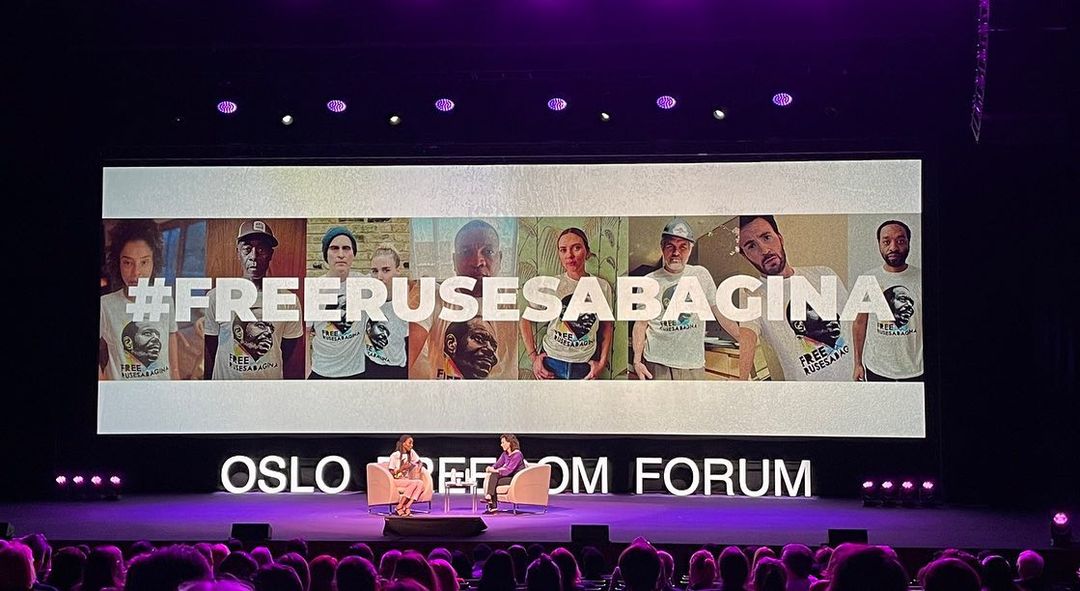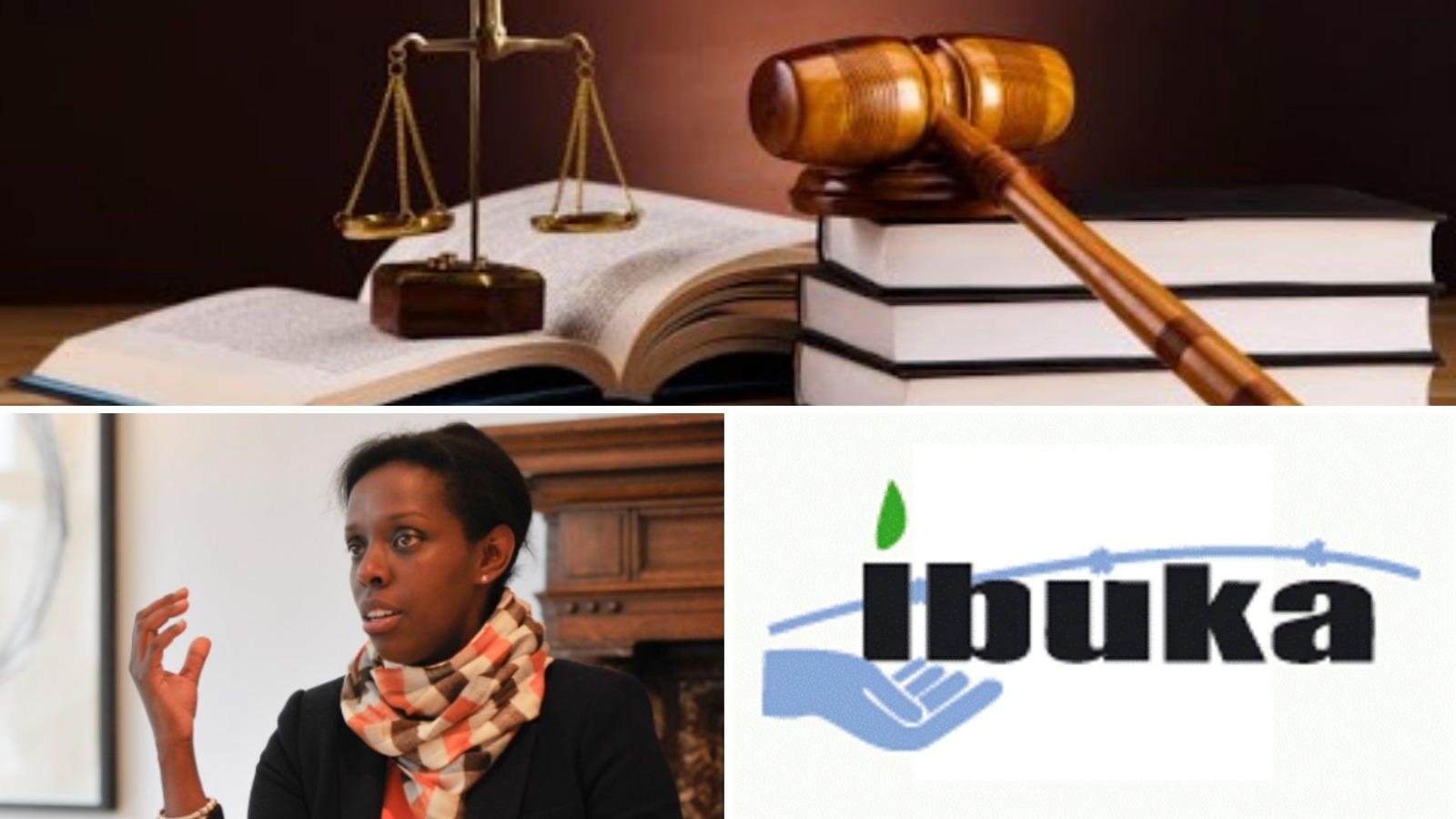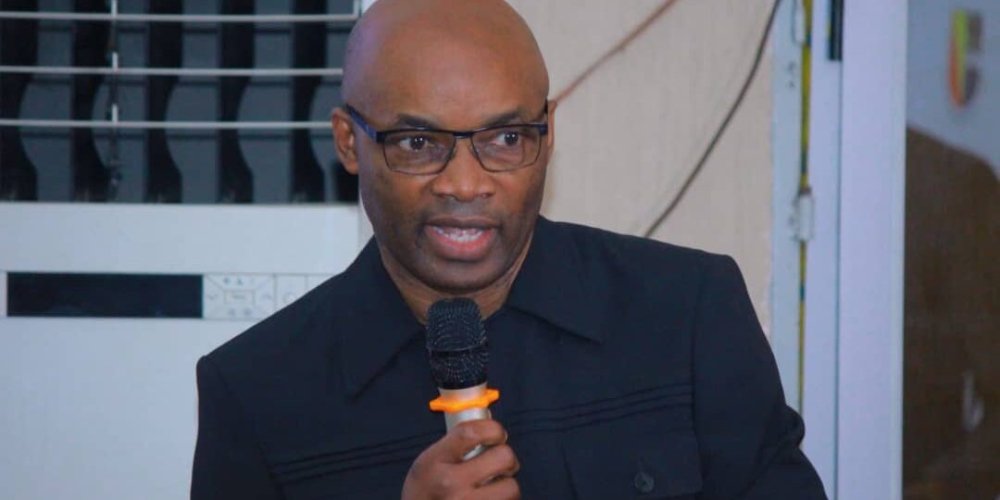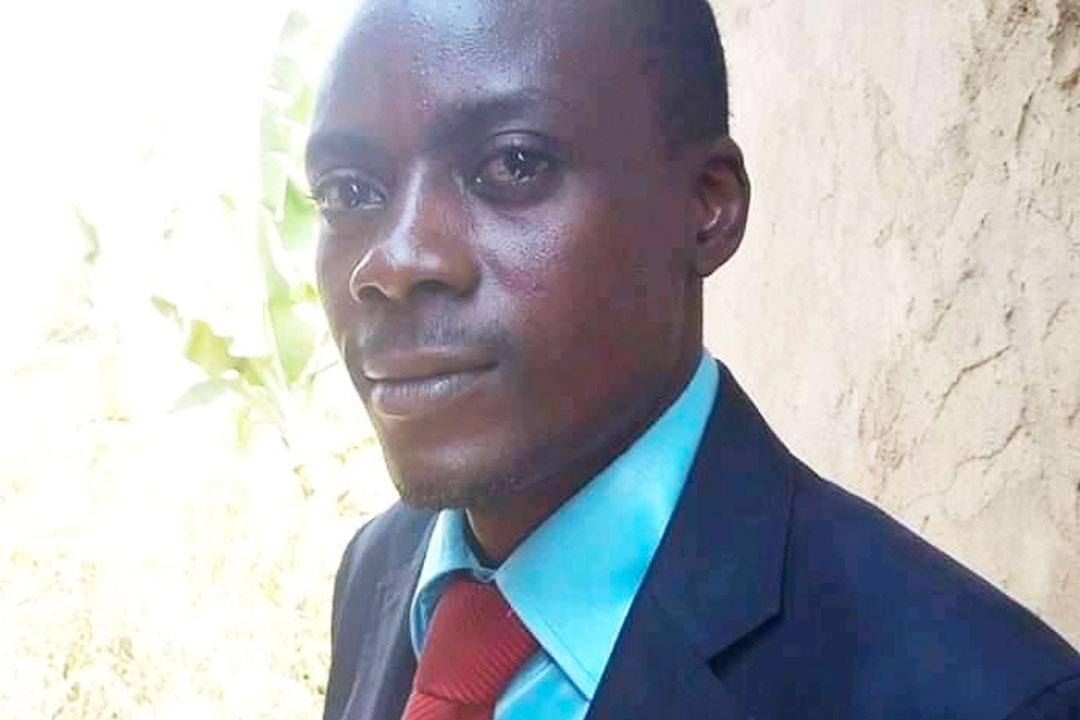The recent release of Paul Rusesabagina, a prominent government critic and human rights advocate, is a testament to the power of democracy and international pressure in standing up to authoritarian regimes. Rusesabagina, best known as the hero of the Hollywood movie “Hotel Rwanda,” was kidnapped from Dubai in 2020 and forcibly taken to Rwanda, where he was accused of terrorism charges and sentenced to 25 years in prison after a trial that was considered a show and unjust by all independent organizations and states that monitored it. For nearly 30 months, Rwandan officials and propaganda machines worked tirelessly to justify his kidnapping and imprisonment.
The release of Paul Rusesabagina came as a surprise to everyone because for over two and a half years, President Paul Kagame and officials of his regime had boasted about successfully imprisoning him. During an interview with the news website Semafor in December 2022, on the sidelines of the US-Africa summit in Washington, Kagame even said in response to a question about Secretary of State Antony J. Blinken’s appeals for Mr. Rusesabagina’s freedom “maybe make an invasion and overrun the country – you can do that,”.
In the end, it was not necessary to invade the country in order to secure the release of Paul Rusesabagina. The accusations against him were proven to be politically motivated and baseless, thanks to numerous international organizations and press that closely followed the trial . His eventual release was a result of the support from his family, human rights groups, and democratic governments around the world. This victory demonstrates the power of democracies, with their elected governments, independent parliaments, free press, and civil societies, to pressure dictatorships like that of Paul Kagame in Rwanda through media and diplomatic exchanges, and ultimately through sanctions if necessary. The diplomatic, political, media, legal, and popular campaign led by Paul Rusesabagina’s family, and coordinated by his daughter Carine Kanimba, serves as a prime example of the peaceful means by which significant results can be achieved.
The case of Rusesabagina is just the tip of the iceberg
The case of Rusesabagina is just the tip of the iceberg when it comes to human rights violations in Rwanda. The international community must continue to exert pressure on President Kagame’s regime to end its aggression against the Democratic Republic of Congo through his proxy army M23 rebel group. Additionally, they must work to create political space for opposition groups and secure the release of political and conscience prisoners, such as Sylvain Sibomana, Déo Mushayidi, Aimable Karasira or Yvonne Idamange, who have been imprisoned for their dissenting views. In addition, independent investigations must be conducted into cases of forced disappearances and assassinations, such as those involving Kizito Mihigo, Boniface Twagirimana, John William Ntwali and Innocent Bahati, and independent journalists like Dieudonné Niyonsenga and Théoneste Nsengimana must be freed.
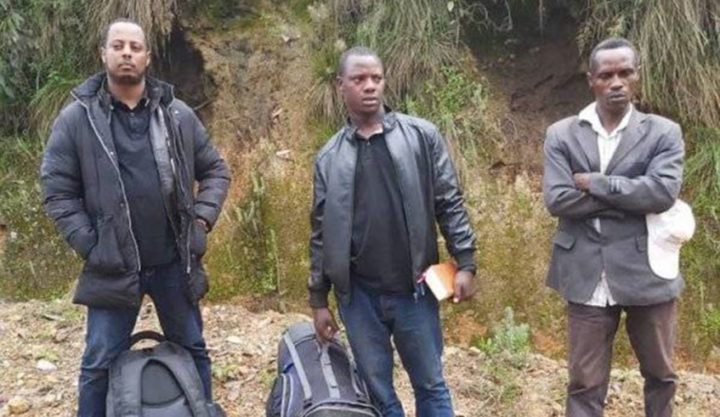
Although economic and developmental achievements are often highlighted to defend Kagame’s record, it is important to note that the impressive modern infrastructure in Kigali does not benefit the majority of the population. Rwanda’s policies of sportwashing and greenwashing serve to divert attention from the fact that Rwandans remain among the 25 poorest populations in the world according to the IMF, and among the 5 unhappiest people according to the Happiness Index. It is imperative that the international community continues to pressure the Rwandan government to address these issues and improve the public welfare.
It is imperative that the international community continues to monitor and raise awareness about the situation in Rwanda to prevent further human rights abuses. The world must not turn a blind eye to the human rights violations that are still happening in Rwanda and the wider region, and concerted efforts must be made to put on an end on those atrocities.
Rwandan Autocracy Bows to International Democratic Pressure
Democratic governments worldwide, particularly the US administration, have taken significant action to address the issues surrounding Paul Rusesabagina’s case. In December 2020, the US Congress sent a letter to the Rwandan government demanding Rusesabagina’s release. The European Parliament also adopted a resolution in February 2021, urging a fair trial for Rusesabagina.
Furthermore, the European Parliament adopted another resolution in October 2021 that denounced Rusesabagina’s illegal arrest and conviction and called on the EU to increase its efforts to secure his release. The Belgian Parliament also condemned Rusesabagina’s kidnapping and torture and requested his repatriation in June 2021.
Moreover, a bipartisan letter signed by 40 members of Congress in June 2021 called for diplomatic means to bring Rusesabagina back to the United States. In December 2021, the UK Parliament APPG on Magnitsky sanctions recommended imposing sanctions against Rwandan officials involved in the Rusesabagina case.
The US government designated Paul Rusesabagina as a “wrongfully detained” individual under the Robert Levinson Hostage Recovery and Hostage-taking Accountability Act in May 2022. This branding of Rwanda as a “hostage-taking” country demonstrates the seriousness of the situation. On July 14th, the US House of Representatives passed resolution H.Res 892, which calls on the Republic of Rwanda to release Paul Rusesabagina immediately, sponsored by Representatives Joaquin Castro and Young Kim.
Finally, US State Secretary Blinken traveled to Rwanda on August 11, 2022, to discuss the wrongful detention of Paul Rusesabagina with Rwandan authorities, showing their commitment to applying the necessary pressure. These actions demonstrate the significant efforts made by democratic governments worldwide to secure justice and a fair trial for Rusesabagina.
Using Rusesabagina’s Case as a Launchpad for International Pressure on Rwanda
The actions taken by democratic governments around the world regarding the case of Paul Rusesabagina demonstrate that they can have an impact on authoritarian regimes. However, these efforts should not stop with Rusesabagina’s case. The example of his situation should be expanded to other cases of human rights abuses in Rwanda.
With the presidential elections in Rwanda scheduled for 2024, the country’s political landscape remains heavily dominated by the ruling party. Although opposition leader Madame Victoire Ingabire is technically free, she is effectively under house arrest and has been stripped of her political rights. The time has come to push for a change in approach towards Rwanda.
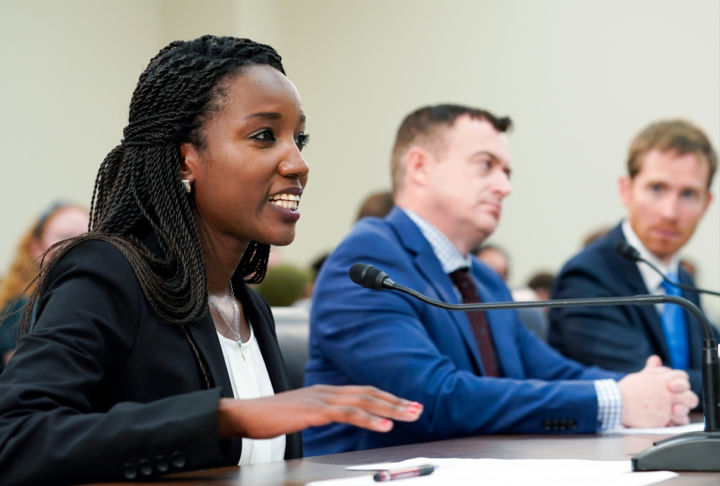
Democracy and coherence demand solidarity with the Rwandan people against Kagame’s regime
Above all, it is up to the Rwandan people to find within themselves the resources that will allow them to overthrow the despotic rule of Kagame. The people are sovereign, and no one works better for their interests than themselves. Several signs demonstrate that mentalities are evolving. Serious and solid political coalitions are forming, a new generation of change-makers is taking the lead, and youth inside the country are gradually mobilizing behind the scenes. Moreover, the fear of repression is increasingly being supplanted by a thirst for change. However, this dynamic must be accompanied and encouraged.
The Rwandan people and opposition groups aspire to a democratic Rwanda governed by the rule of law. They should be able to rely on the United States for sustained support, as was the case in the release of Paul Rusesabagina. As a global leader in promoting democracy and human rights, the United States has consistently prioritized the freedom of peoples, and it has a special responsibility to uphold these values and support those who seek to do the same. In addition, all nations that share and implement democratic values and respect for human rights should naturally support the Rwandan people in their quest for democracy and rule of law.
The peoples who aspire to democracy expect nothing less from the major democratic powers than coherence between the foreign policy implemented and the values they espouse. When we see opposition movements in authoritarian countries that claim to be democratic, such as some Pan-Africanist movements that reject the West and advocate for closer collaboration with more autocratic powers, it is often due to a deception caused by the inconsistency between the actions of democratic Western powers in their international policies and their rhetoric.
The United States and other democratic nations should support the Rwandan people in their efforts to end the dictatorship of Paul Kagame and establish a new era of democracy and respect for human rights in Africa and Rwanda. Those working towards a more democratic Rwanda recognize that countries like China cannot be relied upon to promote human rights in the region.
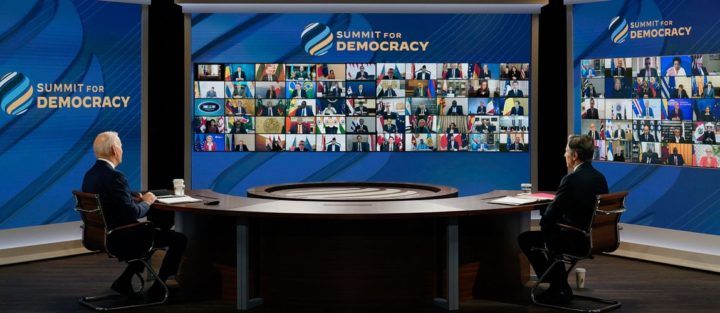
While the United States and the international community are not being asked to initiate a regime change process in Rwanda, providing assistance to an oppressed population seeking to replace a tyrannical government is a justifiable action that is consistent with international law.
The strategic and geopolitical interests of democracies lie in a regime change in Rwanda
It is not merely an ideological and humanistic consideration devoid of any interests. It is also in the strategic interest of the United States and their allies to see democracies develop in the world, especially in Africa. In a world where we are increasingly witnessing the emergence of two blocs: on the one hand, a liberal and democratic mainly to the western of the globe, and on the other hand, an authoritarian global South, the emergence of democratic states in the South is a way to expand its alliances and influence in the global geopolitical competition.
30 years after the end of the genocide, the international community can no longer afford to be lenient with Paul Kagame on the pretext that his regime accuses the UN of not having acted during the genocide. The international community cannot continue to provide Kagame with a blank check indefinitely, simply because the narrative he crafted after the military’s victory of the RPF in 1994 has turned him into an untouchable “hero”. Instead, turning a blind eye to the mounting human rights violations, war crimes, and crimes against humanity committed by the Kagame regime in Rwanda, the DRC, and elsewhere could be seen as tacit complicity.
Rwanda’s strategy of using moral and historical blackmail, by instrumentalizing the genocide against the Tutsi to avoid criticism of its governance, should no longer be effective anywhere if the international community wants to bring about a wind of change in Rwanda. This immoral strategy is once again evident in the aggressive war that the Rwandan regime is waging against the DRC through its proxy, the M23. Rwandan propaganda claims to act to end an alleged genocide, while the only goal of this narrative is to undermine international actors who would like to sanction Rwanda for yet another aggression against the sovereignty of the DRC.
In conclusion, the release of Paul Rusesabagina shows that international pressure and democracy can force dictatorships to yield, and democracies around the world have an obligation to speak out against human rights abuses and keep pressure on authoritarian regimes. The United States, with its longstanding commitment to defending democracy and human rights, must take the lead in this effort and support the Rwandan people in their fight for a democratic future.
Norman Ishimwe
www.jambonews.net
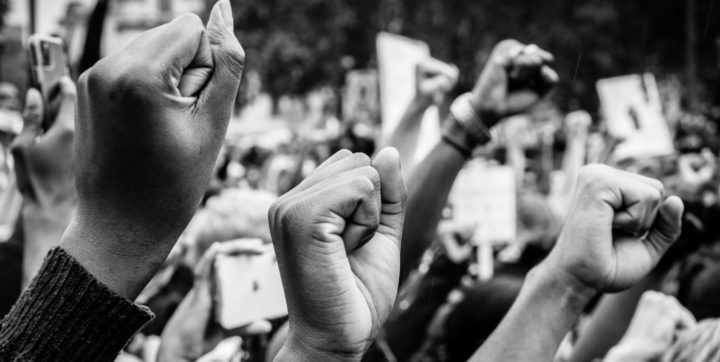
Read also :

